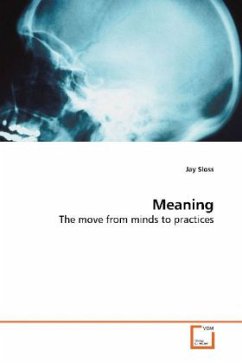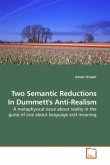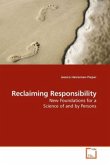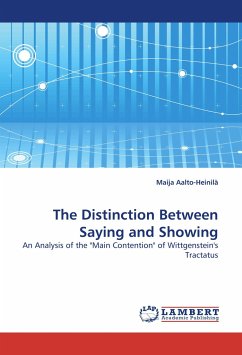For centuries referential theories of language and
meaning have dominated Western philosophy. The idea
that noises and scratches become meaningful words
and writing by virtue of a mental grasp one has on
the referents they are talking about has become
deeply entrenched. Starting with Plato, and
reinvented by Locke, contemporary theorists continue
to reproduce this mental fix requirement in their
philosophies of language and intentionality-
Physicalists, such as Paul and Patricia Churchland
are typical. Plato, Locke and the Churchlands all
share the view that bits of language reach out to
extra-linguistic entities by some act of mind In
each case a self-referential mental act gets
language up and running, i.e. mental connections (or
representations) to referents do the trick. My
question also concerns what makes squiggles and
noises meaningful. What makes language
work? How do words mean or relate to the world? How
do speakers mean certain things and not others? I
will approach the question from a contextualist
perspective where roles in rule-governed activities
are the bottom line, not representations in the
mind/brain.
meaning have dominated Western philosophy. The idea
that noises and scratches become meaningful words
and writing by virtue of a mental grasp one has on
the referents they are talking about has become
deeply entrenched. Starting with Plato, and
reinvented by Locke, contemporary theorists continue
to reproduce this mental fix requirement in their
philosophies of language and intentionality-
Physicalists, such as Paul and Patricia Churchland
are typical. Plato, Locke and the Churchlands all
share the view that bits of language reach out to
extra-linguistic entities by some act of mind In
each case a self-referential mental act gets
language up and running, i.e. mental connections (or
representations) to referents do the trick. My
question also concerns what makes squiggles and
noises meaningful. What makes language
work? How do words mean or relate to the world? How
do speakers mean certain things and not others? I
will approach the question from a contextualist
perspective where roles in rule-governed activities
are the bottom line, not representations in the
mind/brain.








